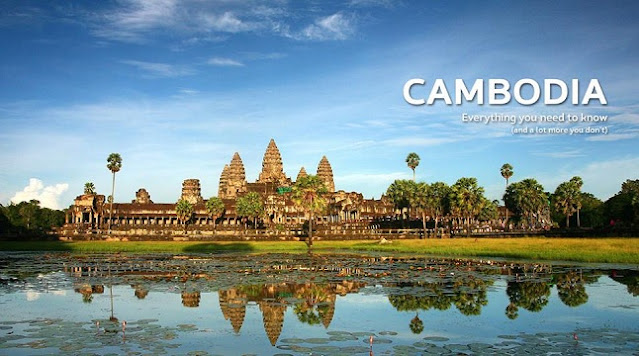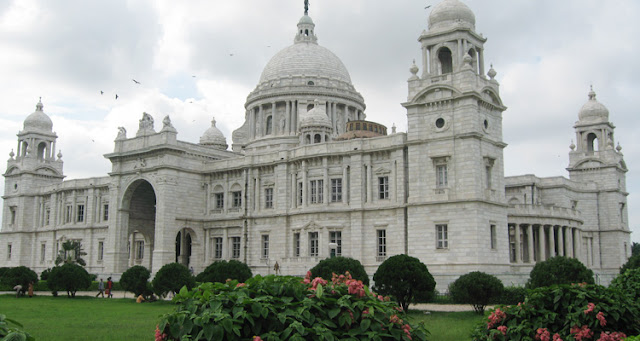Starbucks Coffee
Starbucks Coffee
Starbucks is a well-known coffee company that was founded in Seattle, Washington in 1971. Today, it has become one of the largest coffee chains in the world, with more than 32,000 locations across 83 countries. Starbucks has become a cultural icon, known not only for its high-quality coffee but also for its welcoming atmosphere, friendly baristas, and unique products.
History and Background of Starbucks
Starbucks was founded by Jerry Baldwin, Zev Siegl, and Gordon Bowker, who were all students at the University of San Francisco. The trio was inspired by Alfred Peet, a Dutch-American entrepreneur who had opened a coffee store in Berkeley, California. After gaining some experience in the coffee business, Baldwin, Siegl, and Bowker decided to start their own coffee company. They opened the first Starbucks store in Pike Place Market in Seattle in 1971.
Initially, Starbucks sold only whole-bean coffee, tea, and spices, and did not serve coffee by the cup. However, in 1984, the company was acquired by Howard Schultz, who had previously worked for a company that sold coffee makers and accessories. Schultz envisioned Starbucks as a place where customers could come to enjoy a high-quality coffee experience, and he began to expand the business by opening new stores across the United States and around the world.
Starbucks Menu and Products
Starbucks is known for its wide range of coffee drinks, from classic espresso-based beverages like lattes and cappuccinos to seasonal specialties like the Pumpkin Spice Latte. In addition to coffee, Starbucks also offers tea, hot chocolate, and a variety of cold drinks, including iced coffee, iced tea, and Frappuccinos.
In recent years, Starbucks has also expanded its food menu to include breakfast sandwiches, pastries, and other snacks. The company has also launched a line of merchandise, including mugs, tumblers, and coffee accessories, as well as a range of packaged coffee and tea products.
Starbucks Culture and Values
Starbucks has become known for its unique culture and values. The company is committed to ethical sourcing of its coffee beans, which means that it works directly with farmers and suppliers to ensure that they are paid fair prices for their products. Starbucks is also committed to sustainability, and has set ambitious goals to reduce its environmental impact, including reducing carbon emissions and waste, and conserving water.
Another important aspect of Starbucks' culture is its commitment to employee development and training. The company invests heavily in its baristas, providing them with extensive training and opportunities for advancement. Starbucks also offers a range of benefits to its employees, including health insurance, stock options, and tuition reimbursement.
Starbucks Community Outreach
Starbucks is also known for its community outreach efforts. The company has a program called Starbucks Community Service, which encourages employees to volunteer in their local communities. Starbucks also supports a range of nonprofit organizations, including those focused on education, sustainability, and social justice.
In addition, Starbucks has launched several initiatives to support coffee farmers and their communities. These initiatives include the Starbucks Foundation's Coffee and Farmer Equity (C.A.F.E.) Practices program, which provides support and training to coffee farmers around the world.
Starbucks branches all over the world
Starbucks had over 32,000 stores in 83 countries around the world, including company-owned stores and licensed stores operated by franchisees and other partners. The majority of Starbucks' stores are located in the United States, but the company has a significant presence in many other countries, including China, Canada, Japan, and the United Kingdom. The number of Starbucks stores is constantly changing as new stores open and others close, so the exact number may vary slightly from day to day.
Conclusion : Starbucks has become a global icon, known not only for its high-quality coffee but also for its welcoming atmosphere, unique products, and commitment to social responsibility. With its expansive menu, commitment to employee development, and community outreach efforts, Starbucks has become more than just a coffee chain - it has become a cultural phenomenon.






.jpg)




Comments
Post a Comment